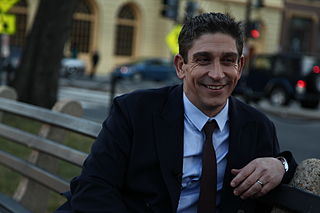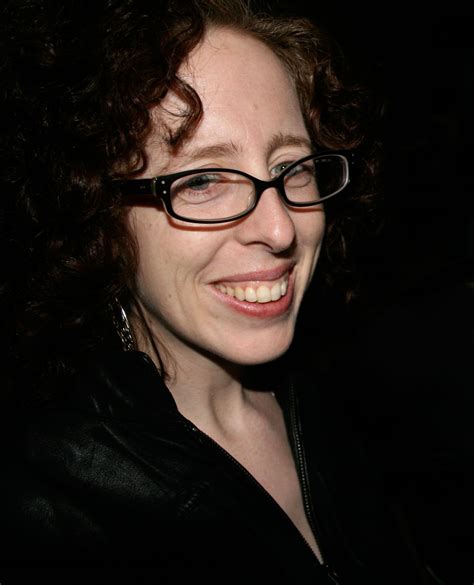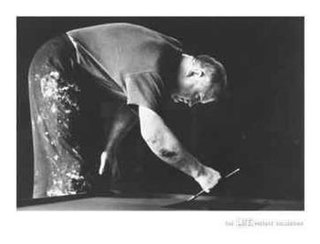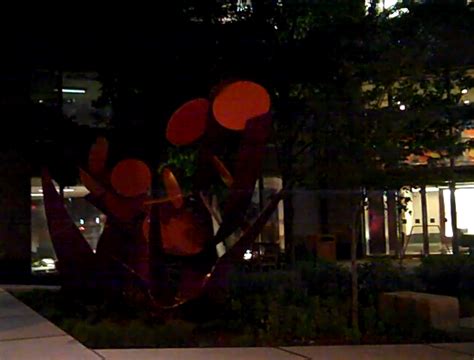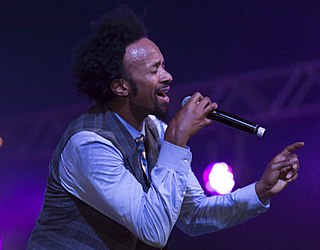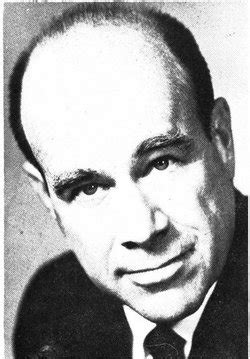A Quote by Richard Blanco
Artists are the emotional historians of the world.
Quote Topics
Related Quotes
Ultimately, it comes down to taste. It comes down to trying to expose yourself to the best things that humans have done and then try to bring those things into what you're doing. Picasso had a saying: good artists copy, great artists steal. And we have always been shameless about stealing great ideas, and I think part of what made the Macintosh great was that the people working on it were musicians and poets and artists and zoologists and historians who also happened to be the best computer scientists in the world.
Two main groups like to drop the readymade bomb—galleries and art historians. Galleries love to drop the Duchamp brand because dealers can try to convince clients of an artist’s worth just by mentioning the mouthwatering response readymade. Most Art Historians aren’t interested in what artists are making in Bushwick studios, most of whom rarely wake up with Duchamp on the brain.
Most academic historians accept that historians' own circumstances demand that they tell the story in a particular way, of course. While people wring their hands about 'revisionist' historians; on some level, the correction and amplification of various parts of the past is not 'revisionism' as it is simply the process of any historical writing.
Part of what made the Macintosh great was that the people working on it were musicians, poets, and artists, and zoologists, and historians. They also happened to be the best computer scientists in the world. But if it hadn't been computer science, these people would have been doing amazing things in other fields.
If physicists could not quote in the text, they would not feel that much was lost with respect to advancement of knowledge of the natural world. If historians could not quote, they would deem it a disastrous impediment to the communication of knowledge about the past. A luxury for physicists, quotation is a necessity for historians, indispensable to historiography.
The way my brain works, it created me thirsty. From the off, I was a sponge for information that had emotional connotations, I think that was it. I was brought up to see the world as emotional, and anything that I could get my hands on that helped me explore that emotional stuff, I was fascinated by.
